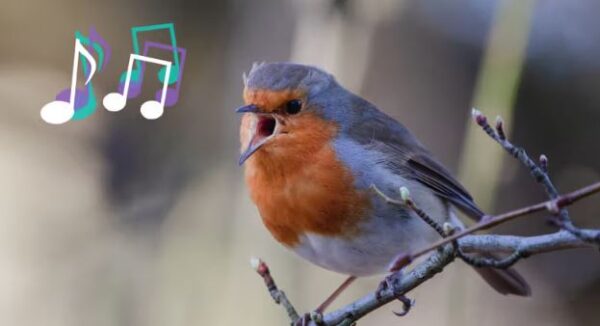Lifestyle
What is the spiritual meaning of a bird singing over your head?

The chirping or singing of birds isn’t just a pleasant sound; it has much spiritual significance across cultures and throughout history.
Birds usually sing to defend their territory or attract mates, but for many, it represents a connection to the unseen realms of nature and the spirit world.
Here are the spiritual significance of birds singing to you
1. Birds singing offers guidance
It’s not merely a coincidence to hear birdsong at particular times or under peculiar circumstances—it’s a voice that directs you based on the bird and location.
Chirping could be a sign that the universe is trying to answer your prayers and that they have been heard. Birds are the totem animal for fresh starts, therefore hearing one sing may indicate that something positive is going to occur in your life.
The sound of birds chirping during a challenging decision can be seen as a signal to go confidently, while a serene forest full of birdsong might mean you need a deeper spiritual connection.
2. Birds may be sending you messages
Whether you believe it or not, the sound of a bird singing at night is informing you that there is someone who cares about you just as much as you care about them. It should reassure you that you are loved and cared for.
3. It’s a universal good omen
Across cultures, the sound of birds chirping can be seen as a positive sign. It might be interpreted as the universe acknowledging your prayers or a harbinger of good things to come.
Birds were regarded in Greek mythology as messengers between the worlds of the mortal and divine, and their melodies may portend omens and predictions. In Celtic symbolism, the blackbird and wren could communicate with the afterlife.
4. Christian symbolism
Birds are connected to the beauty of God’s creation in Christianity. The Holy Spirit was represented as a dove.
Their songs serve as a call to believe and have faith, as well as a reminder of God’s love. It may also represent heavenly presence and spiritual harmony.
Birdsong is a universal language of the spirit that cuts across all cultures and languages. We can appreciate these feathered messengers’ beauty and significance more fully if we are aware of the various interpretations.






